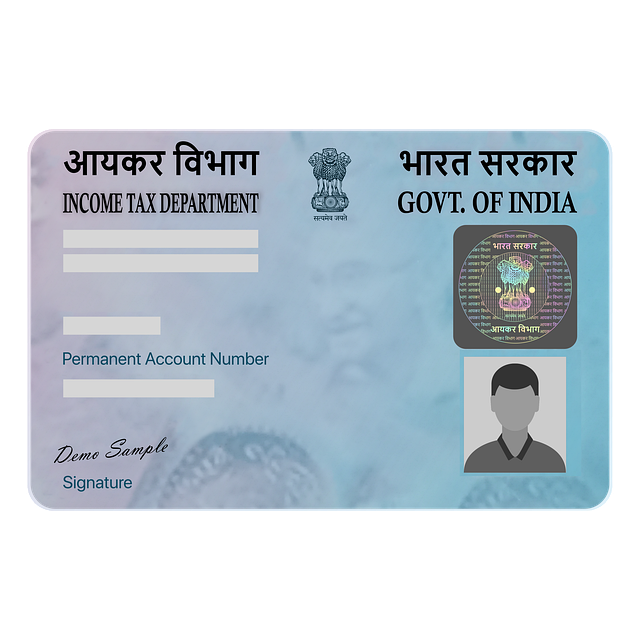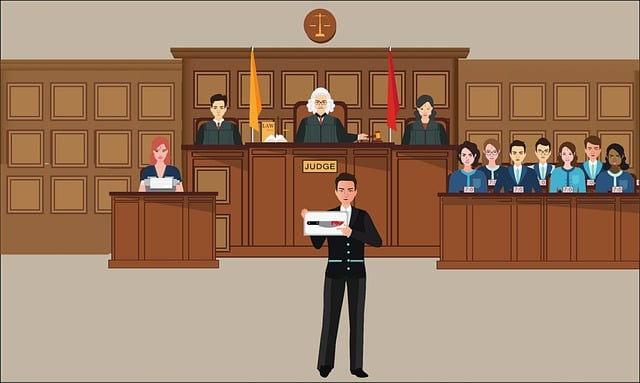Motorcycle accidents without helmets significantly increase the risk of severe head injuries, including traumatic brain injuries and skull fractures, which can lead to long-term disabilities or fatalities. Helmets save lives, reducing fatal injuries by 30-40%, and are crucial for motorcyclists' safety, as they provide primary protection in the absence of other vehicle safety features like airbags or seatbelts. Wearing a well-fitting helmet that meets industry standards can prevent preventable injuries and reduce legal repercussions from personal injury lawyers.
Riding a motorcycle can be an exhilarating experience, but it’s crucial to recognize the inherent risks associated with this activity. One of the most critical safety measures often overlooked is wearing a helmet. In the event of a motorcycle accident without proper head protection, the consequences can be severe and even life-threatening. This article delves into the dangers of unprotected heads in motorcycles, backed by compelling impact statistics that demonstrate why helmets save lives. Understanding these risks is essential for every rider.
- The Dangers of Unprotected Heads in Motorcycles
- Impact Statistics: Helmets Save Lives
- Potential Consequences Without Proper Head Protection
The Dangers of Unprotected Heads in Motorcycles

Riding a motorcycle without a helmet significantly increases the risk of severe head injuries in the event of an accident. The human skull offers minimal protection to the brain, which is why it’s crucial to safeguard this vital organ with proper headgear. In the event of a collision, even at relatively low speeds, the force of impact can cause traumatic brain injuries (TBIs) that range from concussions to more life-threatening conditions like diffuse axonal injury (DAI). These injuries can have long-lasting effects on cognitive function, motor skills, and overall quality of life.
Motorcycle accidents without helmets often lead to high medical expenses and potential long-term disabilities, especially when compared to those wearing protective gear. An auto accident attorney specializing in motorcycle cases may argue that negligence played a role, particularly if the rider was not adhering to safety protocols. Medical negligence can occur when healthcare providers fail to diagnose or treat head injuries properly, further complicating the patient’s recovery process. The absence of a helmet acts as a preventable risk factor, and raising awareness about its significance is essential in reducing motorcycle-related tragedies.
Impact Statistics: Helmets Save Lives

The importance of wearing a helmet while riding a motorcycle cannot be overstated. Impact statistics clearly demonstrate that helmets save lives. In the event of a motorcycle accident, the lack of protective headgear can have devastating consequences. Studies show that proper use of motorcycles significantly reduces the risk of fatal injuries by as much as 30-40%. Without a helmet, riders are more susceptible to severe brain trauma, which often leads to permanent disabilities or even death.
These statistics highlight the critical role helmets play in protecting motorcycle riders. Unlike other forms of transportation, where accidents may result in minor bumps and bruises, motorcycle crashes can lead to serious injuries, including head injuries that can change a rider’s life forever. By wearing a helmet, motorcyclists take a proactive step towards minimizing these risks, ensuring their safety on the road, and safeguarding against potential long-term complications that could arise from an accident without proper protection.
Potential Consequences Without Proper Head Protection

In a motorcycle accident without a helmet, the lack of proper head protection can lead to severe and often life-altering consequences. Motorcyclists are at a significant risk of suffering from traumatic brain injuries (TBIs) due to the force of impact during a crash. These injuries range from mild concussions to more severe forms such as diffuse axonal injury (DAI), which can cause long-term cognitive impairments, memory loss, and even coma. Without a helmet, the head is exposed, leaving riders vulnerable to skull fractures, brain hemorrhaging, and other critical injuries that can result in permanent disabilities or, in the worst cases, fatalities.
The severity of potential injuries in motorcycle accidents without helmets underscores the importance of wearing protective gear. Unlike passengers in cars or trucks, who benefit from airbags and seatbelts, motorcyclists rely primarily on their own equipment for safety. A well-fitting helmet designed to meet or exceed industry standards can significantly reduce the risk and intensity of head injuries. Considering that a personal injury lawyer often handles cases involving motorcycle accidents, it’s clear that wearing a helmet could be a life-saving decision, not just a legal necessity, as it minimizes the likelihood of needing their services due to preventable injuries like those sustained in car or truck accidents without adequate safety measures.
Riding a motorcycle without a helmet significantly increases the risk of severe head injuries in the event of an accident. The data is clear: helmets save lives and reduce the severity of injuries by up to 85%. Without proper head protection, riders face potential consequences such as brain damage, paralysis, or even death. Understanding these dangers is crucial for making informed decisions on safety while riding a motorcycle.






